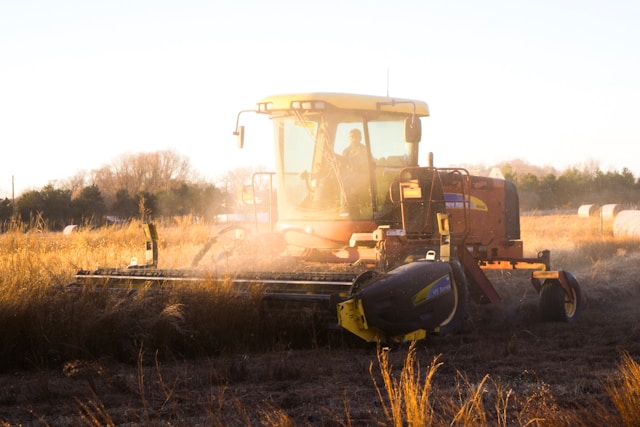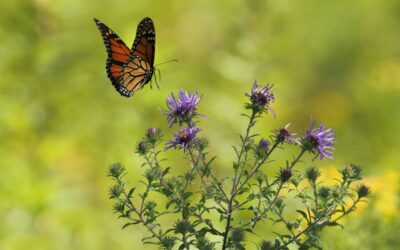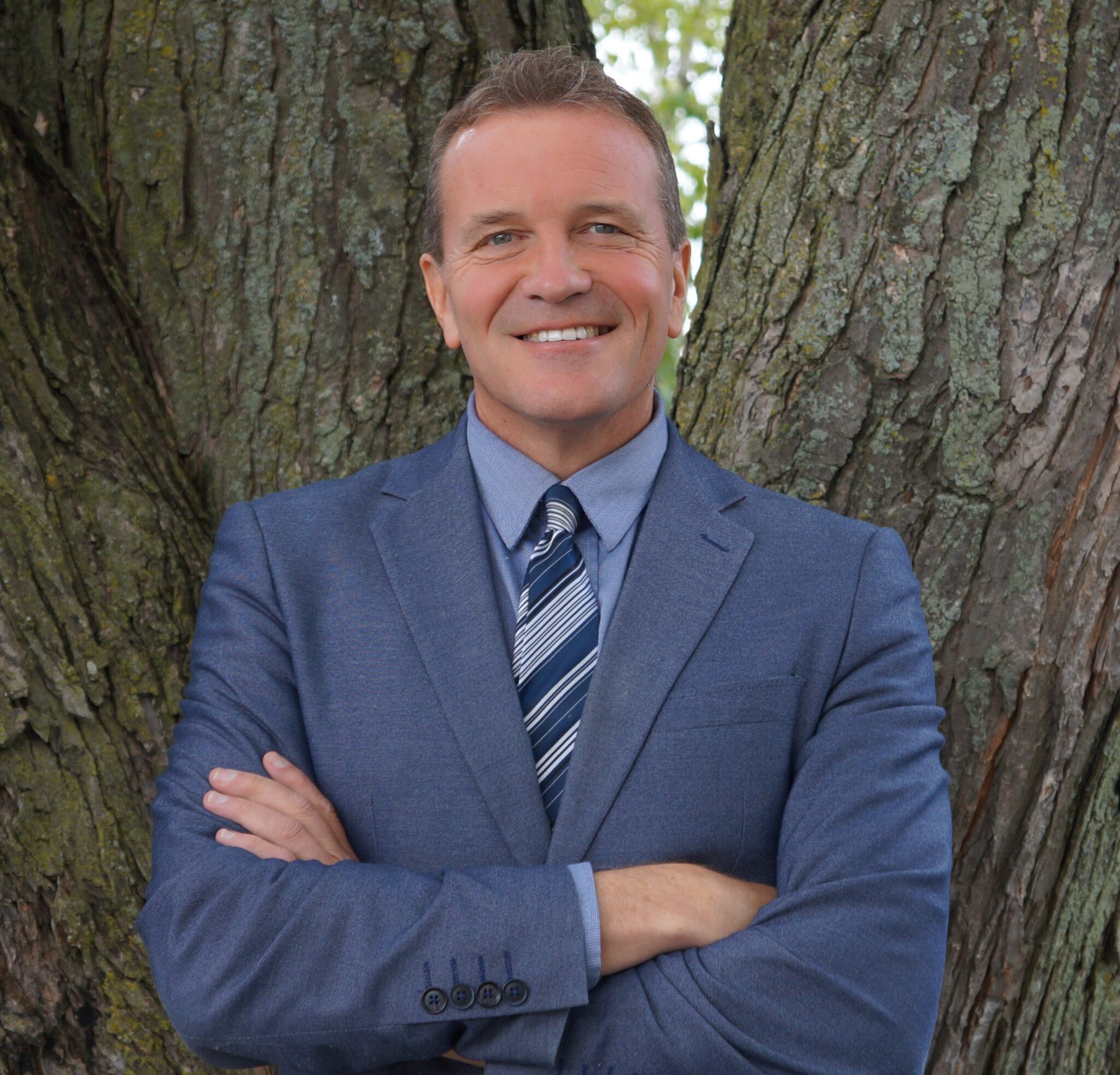Fall is a season for so many things, one of which is celebrating the harvest. When I go walking or driving in the countryside around Barrie and see the combines out in the fields doing their thing, I try to offer a quick prayer of thanks for farmers, the heroes of the land, who have devoted their lives to providing the food that sustains us in ours.
I’m also reminded at this time of year, of a parable that Jesus taught about the harvest. It’s the parable of the wheat and the weeds. In a farmer’s field, he said, the wheat and weeds grow side by side, often indistinguishable from each other. One day a worker in the field attempted to pull up the weeds, but in so doing, he pulled up the wheat by accident. Jesus then cautions, “let the wheat and weeds grow side for only the farmer at harvest time, can distinguish which is which.”
As with most of Jesus’ stories, no explanation is given, leaving it up to the reader to discern the story for themselves. So, on that note, what does the story mean to you?
Let me share what it means to me by way of another illustration.
I’m reading a really good book called, “Crosses In The Sky”. It is the story of the Jesuit priests who came to North America in the 1600s. They came with a single mission, to convert the indigenous people to Christianity. One of the most well-known of these priests was Father Jean de Brebeuf, who would found the mission known as St. Marie Among the Hurons. I remember being taught as a child that Father Brebeuf and those like him, were heroes of pre-Canadian history. Their mission of conversion was considered noble and just. We thought of them as bringing light to a dark and dangerous land.
This book paints a very different picture.
Before the missionaries could convince the First Nations people that Christianity was the “right way” they first had to convince them that their ways were the “wrong way”. Their ways of living which had sustained them through thousands of years, were called “evil”, “satanic” and “barbaric”. Healers were called witch doctors, hunters were called savages, and spiritual leaders were called “agents of the Devil”. Every effort was made to undermine their way of life so that it could be replaced with Christianity. The practice of the priests often included secretly baptizing children, against their parent’s wishes, to save the children from damnation if they died from many of the diseases (ironically brought over from Europe by early settlers) that were circulating through their villages. And, Father Brebeuf, among others, helped to establish the first Residential School.
It has taken generations for us to realize the damage that those early representatives of the Christian faith (and later ones too!) did to an entire nation of people. The priests, and those who came after them, believed that it was their right and their duty to remove the “weeds” of those who thought and acted differently from them. In so doing, they unearthed the wheat of a rich and deep way of life. Just a few days ago, President Joe Biden apologized for the ways that Native Americans were treated in his country, adding his voice to others who have done the same, including Prime Minister Justin Trudeau and Pope Francis.
As Christians, we are called to be a people of justice. We are not called to be people of judgment. Too often negative outcomes occur when we confuse those terms. There are so many meaningful expressions of life, faith and culture in our world, and in our communities. We may not understand them, but to those who do, they are rich and deeply cherished expressions of life, and they deserve to thrive.
Let them grow, side by side!




